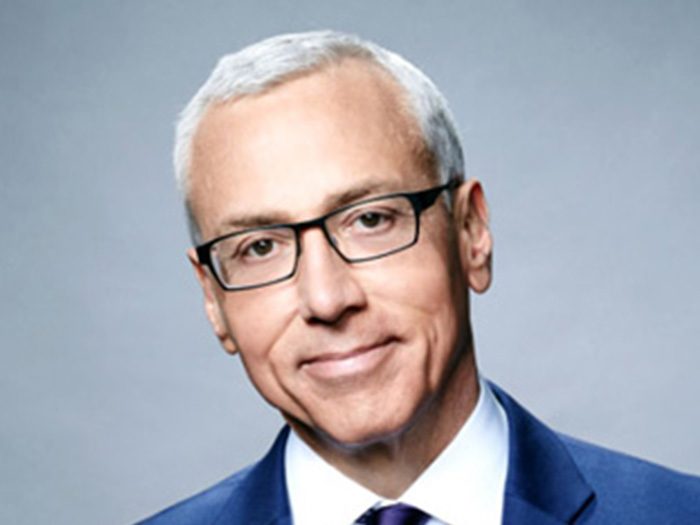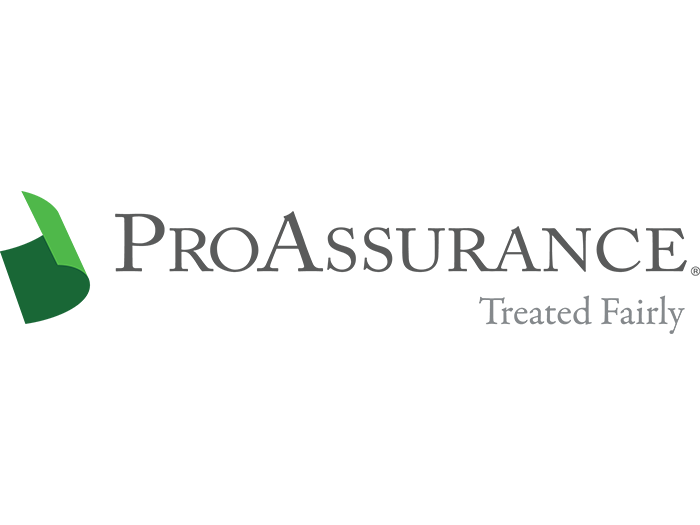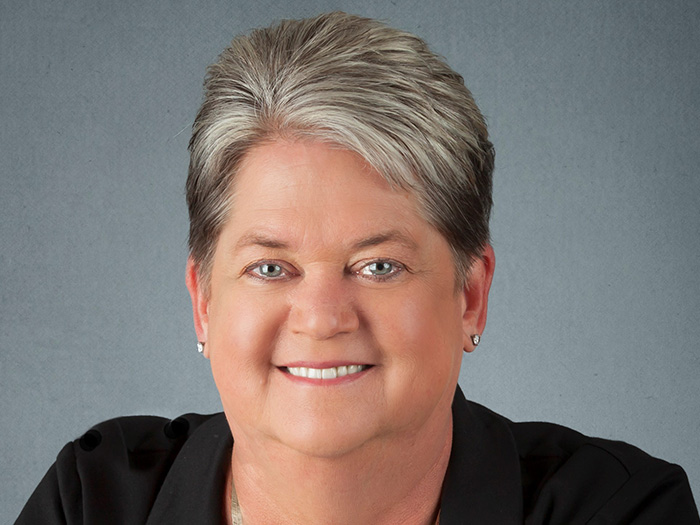Dr. Drew Breaks Down Addiction in Workers’ Comp

You might recognize David Drew Pinsky — “Dr. Drew” — from TV shows such as VH1’s Celebrity Rehab or MTV’s Teen Mom. Or you might know him as the longtime host of the syndicated radio program Loveline.
But as he presents the keynote address at the 2019 National Workers’ Compensation and Disability Conference, keep in mind that far from just “playing a doctor on TV” Pinsky is a renowned specialist with decades of experience helping patients battling addiction.
As an internist, Pinsky ran a medical service in a psychiatric hospital for a decade, then ran addiction services in a freestanding psychiatric hospital for 25 years. He’s held three different assistant clinical professorships in internal medicine, pediatrics/adolescence and psychiatry. He’s board certified in both internal medicine and addiction medicine.
Pinsky shares a common passion with the workers’ compensation community: The drive to return people to healthy, productive lives.
“The goal,” he said, “should be a return to a flourishing life and not chronic illness and not disability. A return to a flourishing life.”
Pinsky spoke with Risk & Insurance® prior to NWCDC to talk about the message he wants to share when he addresses NWCDC on Nov. 6 at Mandalay Bay in Las Vegas.
R&I: What do you see as some of the unique addiction related issues facing the workers’ comp industry?
David Drew Pinsky: [In part, it’s] the same challenge that everyone is facing, in terms of what the optimum treatment modalities are for people with addiction, in terms of identifying addiction, dealing with co-occurring disorders and also distinguishing addiction from those co-occurring disorders.
These are all tremendously difficult challenges that are particularly confusing, because there are so many different philosophies of care and different evidence bases to treatment.
So often there are different disciplines that get their hands in the mix, often with people who don’t understand how to treat addiction and don’t really understand the relationship between addiction and co-occurring disorders, which is a very complex issue.
There’s no way than an orthopedist or pain management doctor or even many psychiatrists can manage them. There’s also a massive shortage of psychiatrists in general, particularly psychiatrists who can really handle cases like this.
“You should think to yourself, these are brain disorders. Just like I have employees who have heart disorders, I must approach it with the same equanimity, diligence and compassion as I would any other organ system disorder.” — Dr. Drew Pinsky, addiction specialist, media personality
R&I: When you speak to employers about addiction, about substance abuse, what would you categorize as their attitudes on the topic?
DP: Mostly, it’s confusion and desperation.
Some of that is caused by the nature of the patients we are dealing with. And some of it is how complex the treatment landscape is.
I always tell everybody that the best model of addiction I know of is the “Audrey II” plant in the musical, Little Shop of Horrors. If you go in the room with the plant, you get sucked into the plant unless there’s something there pulling you out. It’s a perfect model for addiction.
Employers are getting sucked into the plant along with caretakers and others, and you really need somebody holding a cord, pulling you out around every corner.
R&I: What’s one of the biggest mistakes you see again and again from the people who are trying to help a person struggling with addiction?
DP: The biggest [mistake] that everyone makes, particularly if you’re dealing with an addict, is believing them. Everything has to be objectively measured. Patients lie all the time, and particularly with addiction, you have to document what’s going on.
Lying is part of the disease of addiction, it’s a feature of it. Therefore don’t blame people for lying if they have addiction, that’s part of their disease. Just like if they were depressed, they’d maybe be sad, or they’d have suicidal thinking — it’s part of the condition. Addicts lie. That’s part of the condition.
R&I: There’s a somewhat surprising trend of once-recreational drugs being studied to treat pain and PTSD and other conditions we encounter in workers’ comp. Not just marijuana, but now psilocybin and methylenedioxymethamphetamine (MDMA). What would you say to the many in our industry who are worried about people swapping one addiction for the next?
DP: Cross addictions are anathema. They will not restore you to a flourishing life. The phenomenon of people switching over — it’s not recovery, it’s not treating the patient. But we have to meet the patient where they are after all. And if that’s what they are, then we have to bring them along.
R&I: What do you think is one of the most important things employers can do to be proactive on this subject, whether or not they’re currently dealing with an employee struggling with addiction.
DP: You need to educate yourself about the unique risks of the population you serve.
When I read the data, for instance, on construction workers, it’s startling. You should be aware that suicide and suicidal thinking is exceedingly common. You should be aware that someone who is depressed is distracted and will be more likely to get injured. And you should be aware that somebody with an addictive history or an addictive family history is at risk. [Employers should] help them understand that if they need medication during an injury, that it’s for a very short period of time.
You shouldn’t think of these things as other than medical problems. You should discipline yourself not to think about the behaviors, not to think about the interpersonal difficulties that develop.
You should think to yourself, these are brain disorders. Just like I have employees who have heart disorders, I must approach it with the same equanimity, diligence and compassion as I would any other organ system disorder. &










